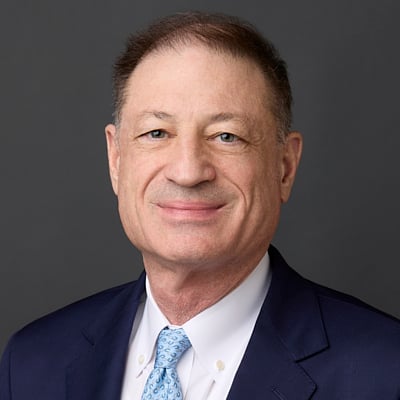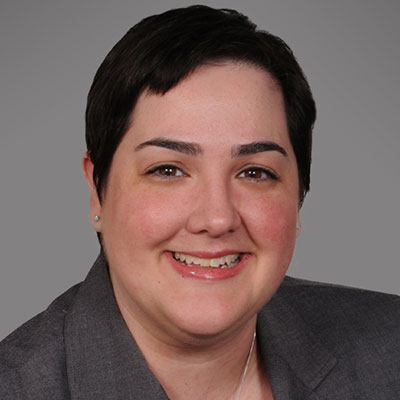Fed. Circ. Partially Revives Syngenta's Pesticide IP Suit
The Federal Circuit on Wednesday revived Syngenta's copyright infringement claims against Willowood and faulted a North Carolina district court for misinterpreting patent law, two years after a trial on the companies' competing pesticide products.
In reviewing a 2017 jury verdict and related rulings from U.S. District Judge Catherine C. Eagles, the appeals court made key findings about whether the Copyright Act conflicts with the Federal Insecticide, Fungicide, and Rodenticide Act and how to interpret a section of the Patent Act governing imported products.
The case deals with a fungicidal chemical called azoxystrobin, which Syngenta Crop Protection LLC and its predecessors started researching and developing in the 1980s.
When Willowood went to register its generic version of Syngenta's products with the U.S. Environmental Protection Agency, Syngenta sued, according to the Federal Circuit. That case named three affiliates involved in making or selling the products: Willowood China, Willowood USA and Willowood LLC.
Syngenta claimed Willowood's Azoxy 2SC and AzoxyProp Xtra products infringed four patents, and that the labels infringed its own copyright-protected label.
Judge Eagles had granted Willowood summary judgment over the copyright claims before trial, saying FIFRA allowed for an exception to copyright law for "the required elements of pesticide labels as against me-too registrants."
But the Federal Circuit called her decision "premature" since nothing in FIFRA explicitly requires a me-too registrant to copy a label of a registered product, such as the Hatch-Waxman Act does for generic drugs.
Therefore, the panel said there's only a conflict between FIFRA and the Copyright Act if part of Syngenta's label is protected under copyright law but was also required for Willowood's product to be approved. This first requires the court to look at the merits of the copyright claims, which Judge Eagles hadn't done, the Federal Circuit said.
"In the absence of a clear facial conflict, however, we decline to wield the blunt tool of preclusion before the full factual and legal contours of any latent problem have been examined," the opinion states.
The Federal Circuit vacated Judge Eagles' decision on copyright and sent it back for her to reconsider.
The next big question involves Section 271(g) of the Patent Act, which deals with infringing products that are imported into the U.S. The lower court found that to violate that section, a single entity has to perform each patented step, but the Federal Circuit disagreed.
An entity can't be found liable for infringement under 271(g) for making an infringing patent abroad, but it can be for selling that product in the U.S. afterward, the panel said.
"Because the statutory language as a whole is clear that practicing a patented process abroad cannot create liability under [Section] 271(g), whether that process is practiced by a single entity is immaterial to the infringement analysis under that section," the opinion states.
Therefore, the Federal Circuit reversed a judgment that Willowood USA didn't infringe one of the patents — U.S. Patent No. 5,847,138 — under 271(g).
Willowood China stayed in the clear though, as the jury found that it didn't import the azoxystrobin compound into the U.S. or otherwise sell it here. The panel then said the district court needs to decide whether Willowood LLC infringed that patent, as no one at the lower court made any findings about its role with infringing this specific patent.
Syngenta then said the judge wrongly denied it judgement as a matter of law, where it wanted Willowood China found liable for infringing the three other patents. But the Federal Circuit said substantial evidence supports the jury's verdict that Willowood China didn't infringe, since it sold azoxystrobin in China but not the U.S.
Counsel for Syngenta and Willowood didn't immediately respond to requests for comment Wednesday.
Judges Jimmie V. Reyna, Richard G. Taranto and Kara Farnandez Stoll sat on the panel for the Federal Circuit.
The patents-in-suit are U.S. Patent Numbers 5,602,076; 5,633,256; 5,847,138; and 8,124,761.
Syngenta is represented by Russell E. Levine, Hari Santhanam and Meredith Zinanni of Kirkland & Ellis LLP.
Willowood is represented by Steven E. Tiller, Peter J. Davis and Barry S. Neuman of Whiteford Taylor Preston LLP, and Alan W. Duncan and L. Cooper Harrell of Mullins Duncan Harrell & Russell PLLC.
The case is Syngenta Crop Protection LLC v. Willowood LLC, case numbers 18-1614 and 18-2044, in the U.S. Court of Appeals for the Federal Circuit.


